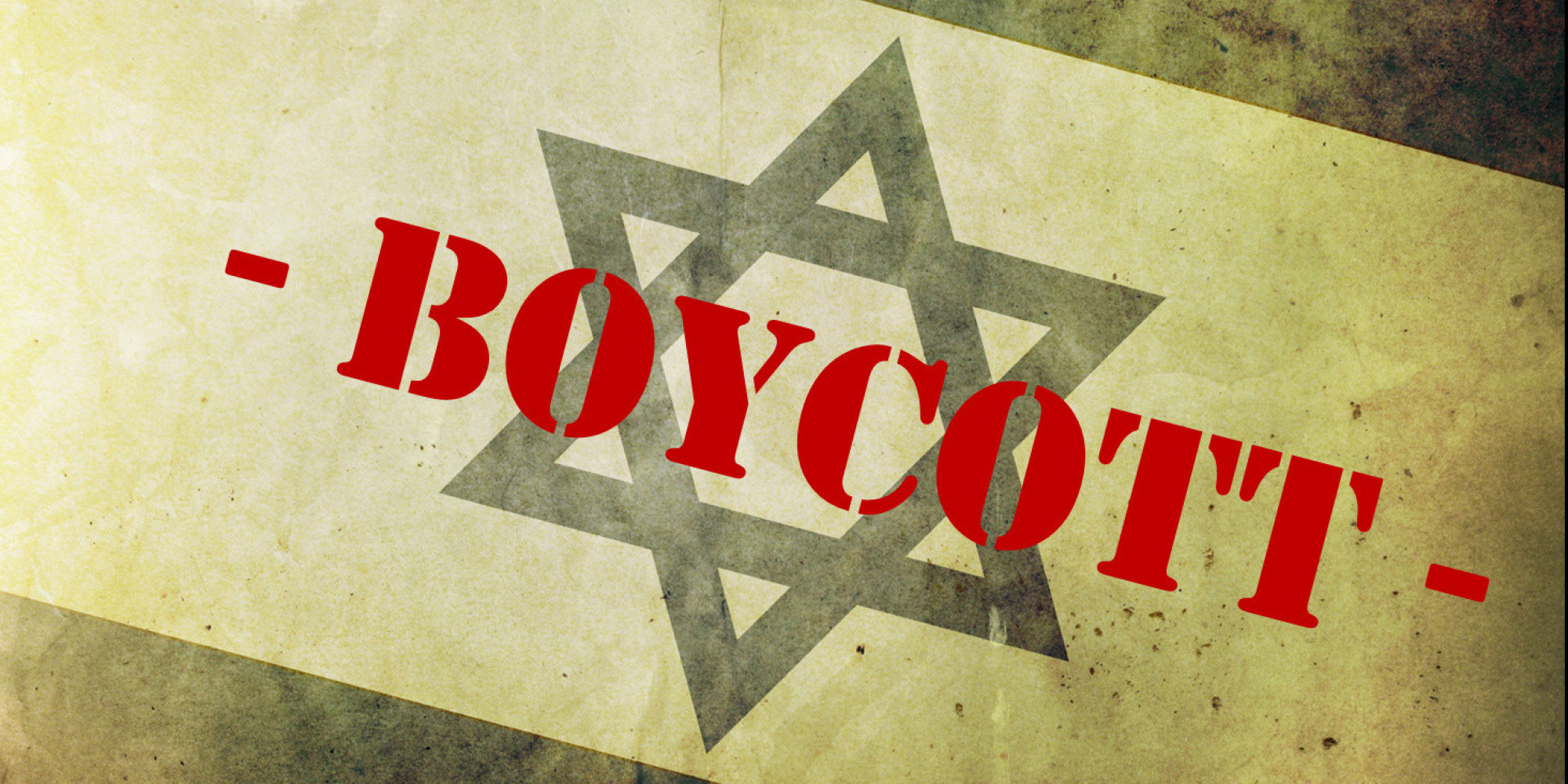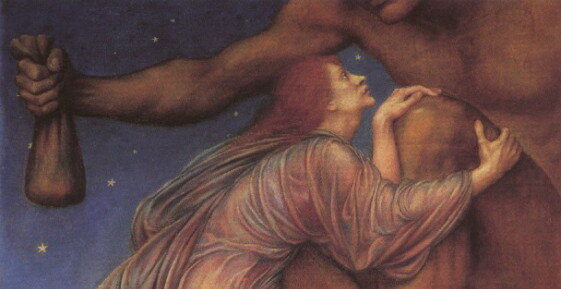Angelina Jolie: Solving the global refugee crisis

The solutions to the global refugee crisis are simple, says Angelina Jolie, if only we had the will to address it
Only half a century ago – a blink of the eye in human history – there were at least 40 million refugees and displaced people here in Europe: the product of Hitler’s Germany, Franco’s Spain, Mussolini’s Italy and, later, of the colonels’ regime in Greece and Stalin’s subjugation of central Europe.
These countries are now all members of the European Union and it is almost inconceivable that they would produce refugees today. So inconceivable that their citizens have the luxury of forgetting what it was like to be governed by a tyrannical regime or to be tortured for your political beliefs.
In America, Martin Luther King had to be assassinated before racial equality became anything like a reality.
There is a photograph I have seen that in many ways sums up this amnesia about a thousand years of warfare, tyranny and repression here in Europe and elsewhere. It shows a European couple, in bikini and swimming trunks, sitting contentedly on their towels under an umbrella on the beach. There is only one other person visible on the beach. He is black and he is dead – an immigrant or a refugee, sprawled across the sand at the high-water mark. We will never know who he was or why he ended up there, and the couple on the beach clearly couldn’t care less.
It is a pretty sad picture. Sad for the anonymous man whose corpse washed up, like so many others, on a Mediterranean coast a few years ago. Sad for the couple, sitting under the umbrella with their picnic box and suntan oil, that they can’t see the stark reality lying a few yards further up the beach. Someone’s son, someone’s brother or someone’s loved one. In fact, you or me, if we had been born at another time or in another place.
The means to act
The United Nations High Commissioner for Refugees (the UN refugee agency, or UNHCR), for which I act as a goodwill ambassador, has an annual budget of about $1.2 billion. That sounds like a lot of money, but there will be people attending this year’s World Economic Forum annual meeting whose companies make profits many times that amount each year. UNHCR has a constant struggle to get its $1.2 billion, which it uses to help and protect some 19 million people.
As the year progresses, UNHCR invariably has to cut more and more projects affecting the world’s most disadvantaged people. It tries to avoid cutting the projects for the most vulnerable – the refugee women projects, the education projects and the HIV/AIDS projects in refugee camps. But sometimes even these are affected directly, and they are almost always affected indirectly – not enough staff, not enough secondary education and not enough food, even in many refugee camps, especially in Africa. It is a scandal, really, in such a rich world, that we are not even finding a way to help feed these families properly.
We are then scandalized when they show the audacity to try to enter our territory – to travel in search of a future. In the process, they mingle with economic migrants who are also on the move. They fall into the hands of smugglers, who push them into overcrowded boats or hide them in the backs of containers, or tell them to walk across minefields or scale barbed-wire fences in the middle of the night. Lots of them die and are buried anonymously, like that man on the beach in the Mediterranean.
There have been more than 6,300 catalogued deaths of people trying to get into Europe over the past decade or so, and that is probably far short of the real total. Many have also died trying to get to the US and Australia. But we don’t notice. We are simply affronted by their audacity. How dare they try to eat at our table? How dare they come to build our roads, clean our hospitals and office blocks, wash the dishes in our restaurants and make the beds in our hotels?
The UN High Commissioner for Refugees António Guterres put it very succinctly recently. He said that the special status of refugees – people fleeing persecution or war – is being jeopardized by the battle over whether or not we want economic migrants.
How we are failing
Those of us who are still well-disposed towards refugees, and are shocked to see them turned into hate figures in order to win elections or sell newspapers, are failing. We don’t want uncontrolled movements of people across our borders, but we are not prepared to invest financially or politically, or even emotionally in finding solutions in the regions they come from. We will put band aids over the most gaping wounds, because they look a bit ugly. But we won’t pay for a full cure, and we won’t invest much effort in prevention either.
Of course, solutions are not easy. However, the transformation of Europe from being the fulcrum of the two most destructive wars the planet has ever seen into a 25-member club whose members cannot even conceive of going to war with each other should give us some clues as to what would alleviate the world’s refugee and migration problems.
More Marshall Plans please
Refugees are the visible symptom of our failure to produce more Marshall Plans – and they are relatively easy to deal with. What’s needed are: more resources invested in the regions the refugees first move to, so they don’t feel they have to move on unless they really want to; and more resources for countries where peace has been established. The first years are incredibly fragile, and returning refugees need help to get themselves back on their feet. They don’t need much, just enough to allow them to help themselves.
Agencies like UNHCR should really not have to struggle to scrape a few tens of millions of dollars together to help rebuild shattered nations – like Angola, Sierra Leone, Liberia and South Sudan. A quick and efficient rebuilding of a war-torn nation helps anchor the peace in firmer soil and brings amazing dividends in terms of regional stability and economic prosperity that are to everyone’s advantage.
Ignoring simmering conflicts is equally damaging and hugely expensive. Think Bosnia, think Rwanda, think Afghanistan, where more investment and more thoughtful international politics in the 1980s and the early 1990s might have changed the course of history for all of us. Osama bin Laden thrived on our neglect of Afghanistan. Things are looking better in all these countries now, but at what a cost, and how many millions of refugees to show us where we went wrong? Not to mention more than 2 million dead in those three countries alone.
I have been to some of these countries, or to their neighbours, where most of the refugees remain. It is a truly humbling experience, a shocking eye-opener. It has made me realize that we are all – myself included – behaving like the couple sitting under their umbrella on the beach, gazing studiously out to sea.
Many people attending the World Economic Forum’s meetings have the power and the means to make a difference. I believe we are all looking for the same thing – a stable world, a stable economy and the ability to progress as people and as nations. We want a future better. We do not want to keep repeating the mistakes of the past.
CV Angelina Jolie
Angelina Jolie is an Academy Award-winning film actor. She was appointed a goodwill ambassador for UNHCR in 2001 and has met refugees and field workers in 20 countries.




